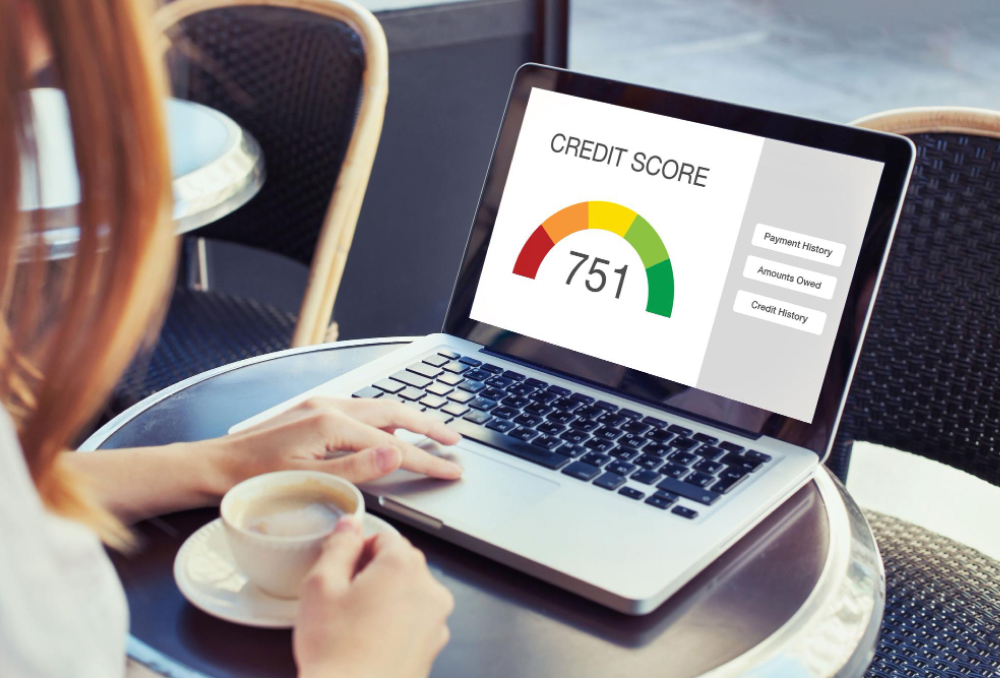Debt relief is brought as a way of helping a region, country or individuals when they have been burdened by debt. Regardless of whether one has to pay off credit card balance through debt settlement, consolidation, or even bankruptcy, they provide the ways out of it with financial freedom and no more worrying.
Yet, it is good to know how these options affect one’s credit score and what steps to take towards the credit repair. Read on to learn how various debt relief methods impact credit score and learn the tips concerning credit repair after obtaining debt relief.
Debt Relief- How it Affects Credit Scores?
Debt Settlement
Debt settlement comes under the process of mutually agreed reduction of the total outstanding amount with the creditors. Despite this possibility, using this technique affords the benefit of a quick increase in capital, but at a cost of negative impacts on your credit rating.
When you negotiate to pay a certain amount of the credit you owe, there is a notation on your credit report that states settled or partially paid. This status can even decrease your credit score because it informs other credit companies that you did not pay back the full balance.
Debt Consolidation
Debt Consolidation means pulling all the separate debts and wrapping them into one loan at a lower interest rate. It can also be convenient and if well managed may even help raise the credit score of the beneficiary.
In the case of debt consolidation, the old accounts are paid with the new loan amount and the status of the accounts are marked as paid or closed. This works in favor of credit score since it helps in reducing credit utilization ratio and also improves payment history.
Bankruptcy
Legal action is virtually the last resort; it entails declaring in court that you are unable to pay your debts. This option has serious implications for your credit score and should be the last resort.
A bankruptcy filing is also reported on the credit report for as long as ten years reducing the credit score drastically. An instant consequence of bankruptcy is that one will lose many points on their credit report and being able to acquire credit or loans in the future will be a hard thing to come by.
Rebuilding Your Credit After Debt Relief
Some helpful tips which can help one in the process of repairing of credit after being relieved of debt are:
- See the credit report regularly : Following discharge of debts, there is always the next step to undertake and that is to carry out periodic credit checks. Credit reference agencies offer a free yearly credit report and it should be checked to eliminate any possible errors. Make sure all the obligations that were previously paid or which you have agreed to in court are correct and that there are no negative entries which can pull down your score.
- Develop a Budget and Stick to It : One should be able to develop and follow a definite budgetary plan as this is helpful when it comes to credit repair. A financial plan assists in controlling expenses, it avoids the accumulation of new debts and on the other hand assists in provision for savings. And how often to apply the credit and the demonstration of a proper usage of the credit also contribute to the credit score that is attached to a particular credit.
- Convert Negative credit history : Another way of repairing one’s credit rating is to start a new positive credit record. Begin by applying for a secured credit card or a credit-builder loan which are some of the credit products that are ideal for those with a poor credit score. This should be done by paying off these accounts on time and ensuring that your credit utilization ratio is fairly low to help in building a good payment history and help in the credit score.
- Make payments on time : Payment of all your bills such as electricity, water, phone bills, and even rent should be paid within the right time as a show of your creditworthiness. This is one of the factors of credit score where the timely payment of mentioned amounts shows good credit worthiness. Utilize interfaces and applications to automatically pay or notify you every time there is a due date.
- Increase Your Spending Habits : When you hear about, or even get offers for credit cards or new loans, it’s important not to acquire any more debts while establishing your good credit record. Make sure you are sensible in the way you handle your existing accounts but do not also go overboard and buy the things that will strain your account too much. Credit usage is good if practiced responsibly and will help in elevating the credit score.
- Seek Professional Advice : In case you are specific on the process of rebuilding your credit or consulting on how to do it, contact a financial advisor or an expert Debt Relief service company like FCDS. They can offer a one-on-one approach that will assist you in the right ways required to rebuild your credit efficiently.
Final Thoughts
Debt relief is a vital tool that will help one regain his/her financial stability; however, one must be informed of the way it influences his/her credit score and the right ways to take in gaining stability. No matter which route you have taken, debt settlement or consolidating or even declaring bankruptcy, the process of rebuilding is going to require strategy, proper habits and time.
Just remember always that credit repair is going to be a slow process, but if you make up your mind for change and work for it, your future is going to be much brighter and financially stable.






